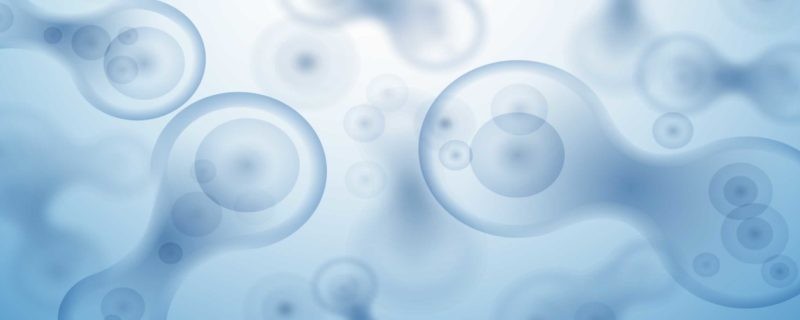
Mesenchymal Stem Cell Based Therapies Nearing Approval
The clinical application and therapeutic use of stem cells has become a hot research topic for the scientific community and a potentially lucrative area for the medical industry that hope to find new treatments for cancer and other debilitating diseases. With the beginning of a new year, this is a highlight of several biotechnology/biopharmaceutical companies with promising therapies that utilize mesenchymal stem cells and are in Phase III clinical trials. Aastrom is currently developing an autologous Cell Therapy, known as ixmyelocel-T, to treat severe, chronic disease, such as critical limb ischemia (CLI) and dilated cardiomyopathy (DCM). Their technology platform includes a highly automated, fully closed cell processing system, which permits selective expansion of mesenchymal stem cells, monocytes, and alternatively activated microphages for administration at significantly increased numbers. Aastrom’s Cell Therapy is targeted as a patient-specific, minimally invasive treatment with 15 day turnaround time. Recently, Aastrom announced their expectation to complete financing for this quarter in order to fully fund these clinical trials. The projected timeline for the phase III clinical trial study for ixmyelocel-T is 18 months to evaluate the efficacy and safety of this personalized Cell Therapy treatment.
In turn, Osiris Therapeutics has developed Prochymal, which is an allogeneic source of expanded human mesenchymal stem cells (MSCs). Unlike Aastrom, Osirius’s therapy is not patient specific and their technology targets expansion of mesenchymal stem cells derived from donated bone marrow. Their process requires extensive screening of the donor prior to their bone marrow donation in order to ensure the safety (e.g. no transmissible diseases) and quality (e.g. healthy donor) of the stem cell source. Their manufacturing process has been designed to follow the International Conference on Harmonization (ICH) and Food and Drug Administration (FDA)’s guidelines as well as comply with FDA’s current good manufacturing practices (cGMP) standards. Osiris’s patented technology platform involves the isolation of MSCs from the bone marrow and the ex vivo expansion of this stem cell population for intravenous administration. Currently, Prochymal is in Phase III clinical trial studies for the treatment of acute graft versus host disease (GvHD) and Crohn’s disease. In addition, Osiris is investigating the applicability of Prochymal for other diseases, such as Acute Radiation Syndrome, Type 1 Diabetes, acute myocardial infarction, and pulmonary disease.
Aastrom and Osiris Therapeutics have chosen to obtain MSCs from bone marrow, which is the most predominant source. Mesenchymal stem cells can be isolated from a variety of other tissue sources such as umbilical cord blood, peripheral blood, and adipose tissue (Wagner et al,. 2005). Medipost has developed Cartistem, which is an allogeneic source of MSCs derived from unrelated umbilical cord blood. Medipost has chosen umbilical cord blood as their MSCs source mainly because it is believed to be a source of high quality stem cells that is readily accessible, has minimal risk for the donor, and has relatively no ethical issues. Their technology platform is similar to Osiris Therapeutics in which MSCs are isolated from umbilical cord blood, expanded ev vivo, and cryopreserved to enable availability (i.e. storage and distribution) of their product. Cartistem is designed to treat damaged articular cartilage defect or injury, resulting from acute or chronic conditions. Their Phase III studies are geared toward determining the safety and efficacy of Cartistem in the microfracture treatment of patients with knee articular cartilage injury or defect.
These companies and their products represent a bright future for stem cell therapies. Mesenchymal stem cells are only one type of stem cell currently in clinical trials. What do you think will be the most successful type of stem cell for therapy? What other companies are nearing approval with stem cell therapies and have impressive products in the pipeline?